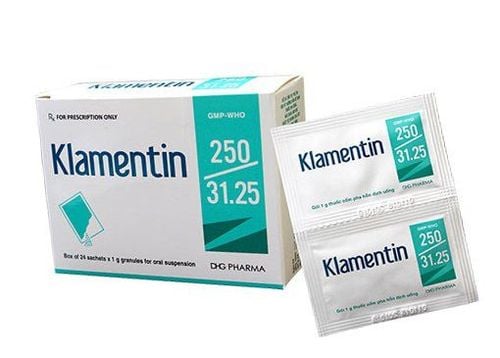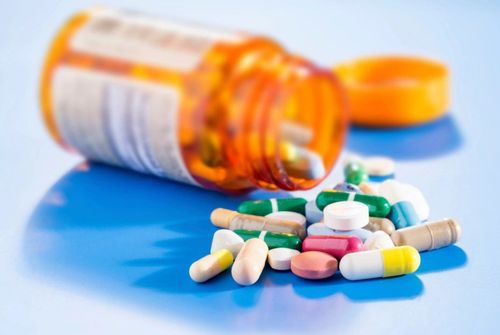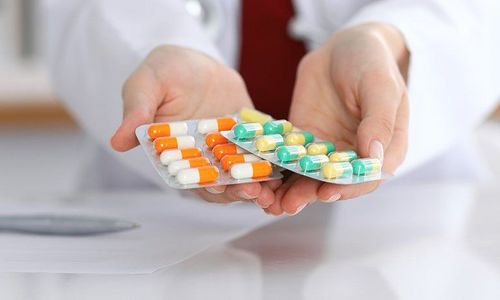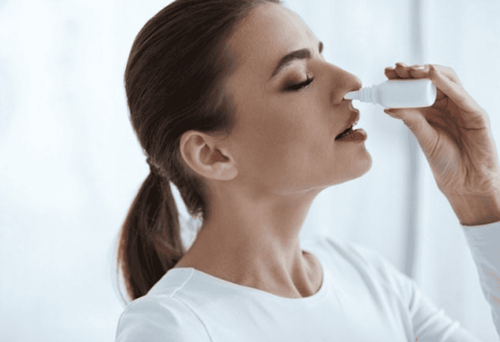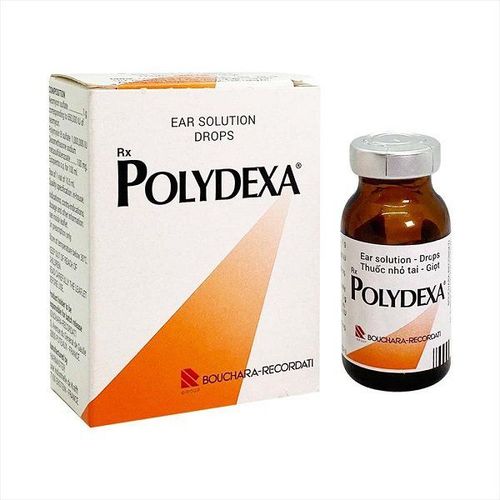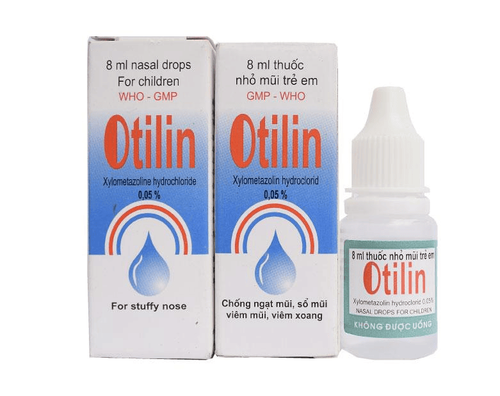This is an automatically translated article.
Antibiotics are often used in the treatment of bacterial infections. However, taking antibiotics can kill beneficial bacteria in the body, some people are allergic to antibiotics. Therefore, it is necessary to have a reasonable diet and healthy lifestyle to promote health while using antibiotics. Let's find out what to eat when allergic to antibiotics in the article below.
1. What are antibiotics?
Antibiotics are a group of drugs that kill or inhibit the growth and growth of bacteria. Antibiotics have different effects depending on the strain and type of bacteria; Antibiotics that work against many types of bacteria are broad-spectrum antibiotics, and antibiotics that work against certain types of bacteria are narrow-spectrum antibiotics.
Antibiotics are indicated in the treatment of diseases caused by bacteria such as sinusitis, meningitis, respiratory infections, urinary tract infections,...
In addition to their therapeutic effects, antibiotics often have Adverse effects on the digestive system due to the destruction of beneficial bacteria in the intestinal tract. Common symptoms are diarrhea, vomiting, indigestion, abdominal pain, ... Some antibiotics cause unwanted effects on other organ systems such as cardiovascular, nervous, urinary,... At the same time, some patients are allergic to antibiotics with manifestations such as urticaria, redness, itching,...
2. Symptoms of an allergy to antibiotics
Allergy to antibiotics is an adverse reaction to the patient when using the drug, characterized by skin symptoms such as itching, redness, urticaria,... Allergic to antibiotics mostly does not dose dependent and cross-sensitizing.
Symptoms of allergy to antibiotics are common and easy to detect such as: Itchy skin, urticaria, rash, fever, difficulty breathing, wheezing, runny nose, itchy eyes, watery eyes, anaphylaxis, ... In which anaphylaxis is a dangerous, life-threatening reaction. Characteristic symptoms of anaphylaxis such as:
Shortness of breath due to edema and constriction of airways, throat,... Nausea, vomiting. Diarrhea . Abdominal pain. Frustration, panic. The pulse is fast, small, difficult to catch. Lower blood pressure. Loss of consciousness.
3. What to do if you are allergic to antibiotics?
When there are symptoms of an allergy to antibiotics, it is necessary to quickly bring the patient to the nearest emergency center for timely treatment. Bring all medications the patient has taken before, including prescription drugs, over-the-counter drugs, vitamins and minerals, herbs, etc. to facilitate finding the cause.
4. What should you eat if you are allergic to antibiotics?
General rule:
Do not eat foods that cause allergies and sugar: When you eat less sugar, the bacteria will have less sugar to consume, helping to reduce the ability of bacteria to multiply. Eat more foods containing prebiotics such as yogurt and dairy products,... Eat foods rich in vitamin K: Vitamin K plays an important role in blood clotting, promoting wound healing, increasing bone strength. Daily intake of 900mcg vitamin K for women and 120mcg for men. Antibiotics also kill the body's vitamin K-producing bacteria. Therefore, you need to consume more vitamin k. Eat foods high in folic acid: Folic acid plays an important role in red blood cell development. Gut bacteria produce folic acid, so folic acid supplements are needed when taking antibiotics. Eat foods high in vitamin B12: Vitamin B12 plays an important role in red blood cell development. Gut bacteria produce vitamin B12, so vitamin B12 needs to be supplemented when taking antibiotics. Foods rich in vitamin B12 are red meat, salmon, milk,... Foods to eat when you are allergic to antibiotics:
Yogurt: Yogurt contains many healthy probiotics. Garlic: Garlic contains many prebiotics, you can use them when you are allergic to antibiotics. Almonds: Several studies have shown that consuming almonds has the ability to increase the population of beneficial bacteria in the gut, fighting colds and flu. Foods rich in fiber: iV intestinal bacteria digest fiber and grow. These foods help keep the intestinal flora healthy after a long course of antibiotics. Combining foods rich in fiber together such as whole grains, beans, bananas, berries, broccoli, ... after taking antibiotics helps to inhibit the growth of harmful bacteria. Fermented cabbage: Contains many probiotics, which help diversify the beneficial bacteria in the gut. Red wine: CContains many polyphenols with antioxidant effects. Cocoa: Contains many beneficial polyphenols for gut bacteria. In addition, you should limit some acidic foods, alcohol, fruits containing calcium and iron during antibiotic use. Controlling stress also helps control the distribution of intestinal bacteria, you need to eliminate habits such as smoking, alcohol, ...




